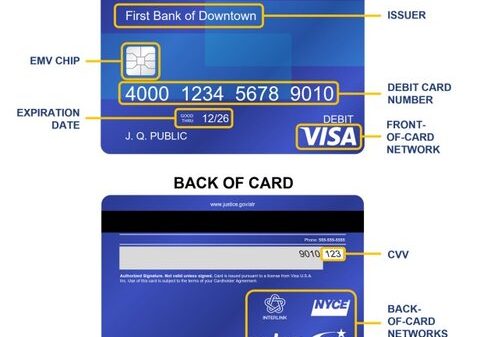Data collection is a fundamental aspect of modern business operations, providing crucial insights that drive decision-making processes and strategic planning.
In this article, we delve into the various aspects of data collection, its significance, methods, challenges, best practices, and future trends.
Introduction to Data Collection
Data collection refers to the process of gathering and measuring information on variables of interest in a systematic manner. It is an essential step in research, analysis, and decision making across industries.
Importance of Data Collection in Modern Businesses
In today’s data-driven world, businesses rely heavily on data collection to understand customer behavior, market trends, and internal operations. Data-driven insights enable organizations to optimize processes, improve customer experiences, and stay competitive in their respective industries.
Methods of Data Collection
Surveys
Surveys are a common method of data collection, involving the distribution of questionnaires to gather information from a target audience. They can be conducted online, over the phone, or in person.
Interviews
Interviews involve direct communication with individuals or groups to collect qualitative data. They provide in-depth insights into opinions, experiences, and perspectives.
Observations
Observational data collection involves systematically watching and recording behaviors, events, or activities. It is often used in behavioral research and ethnographic studies.
Secondary Data Analysis
Secondary data refers to information collected by others for different purposes. Analyzing secondary data sources such as reports, articles, and databases can complement primary data collection efforts.
Tools and Technologies for Efficient Data Collection
Advancements in technology have revolutionized data collection processes. Tools like online surveys, data analytics software, IoT devices, and mobile apps streamline data gathering, analysis, and visualization.
Challenges in Data Collection
Despite technological advancements, data collection faces challenges such as data quality issues, respondent bias, data privacy concerns, and managing large volumes of data effectively.
Strategies to Improve Data Collection Accuracy
Implementing robust quality control measures, using validated instruments, ensuring participant confidentiality, and conducting pilot studies are strategies to enhance data collection accuracy.
Ethical Considerations in Data Collection
Ethical data collection practices involve obtaining informed consent, protecting participant confidentiality, minimizing harm, and ensuring data security and privacy.
Data Collection Best Practices
Best practices include defining clear research objectives, selecting appropriate data collection methods, designing reliable instruments, training data collectors, and conducting data validation checks.
Impact of Data Collection on Decision Making
Data-driven decision making enables organizations to make informed choices based on evidence and analysis. It enhances strategic planning, resource allocation, risk management, and performance evaluation.
Future Trends in Data Collection
The future of data collection is shaped by advancements in artificial intelligence, machine learning, big data analytics, and automation. Predictive analytics, real-time data monitoring, and personalized data collection methods are emerging trends.
In conclusion, data collection is a cornerstone of business intelligence and strategy, empowering organizations with actionable insights for success. By adopting ethical practices, leveraging innovative technologies, and embracing data-driven decision making, businesses can unlock the full potential of data collection in driving growth and innovation.
Read more:
Data Collection: Empowering Businesses with Insights
























